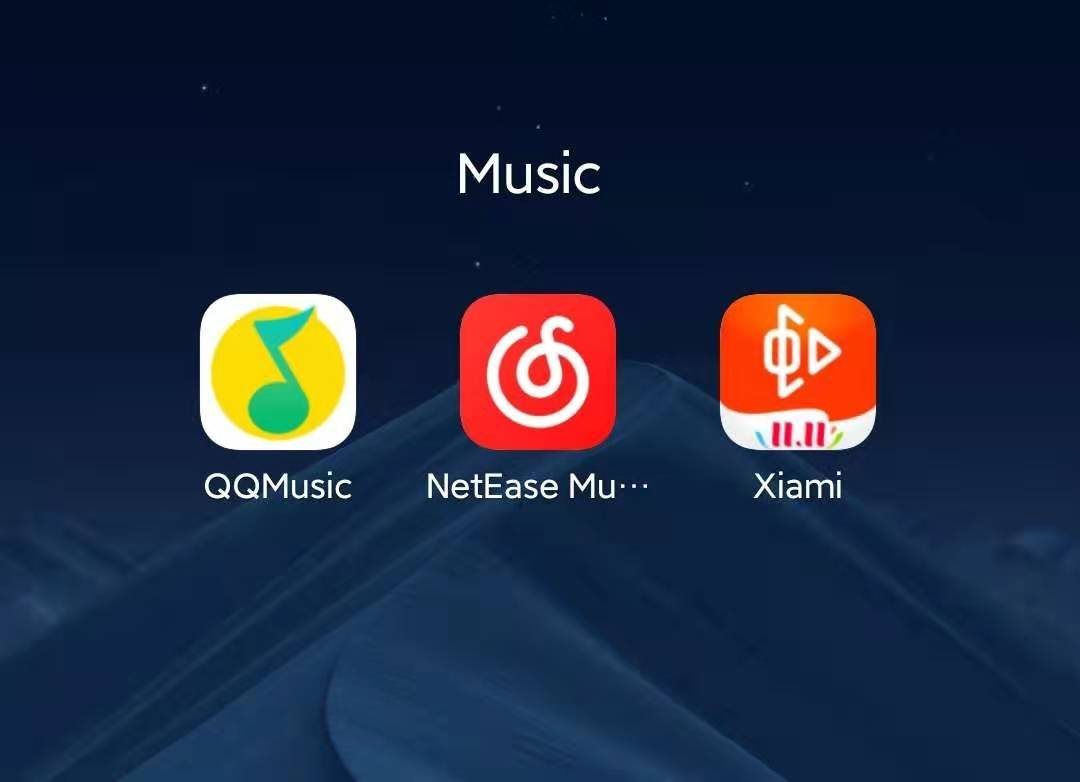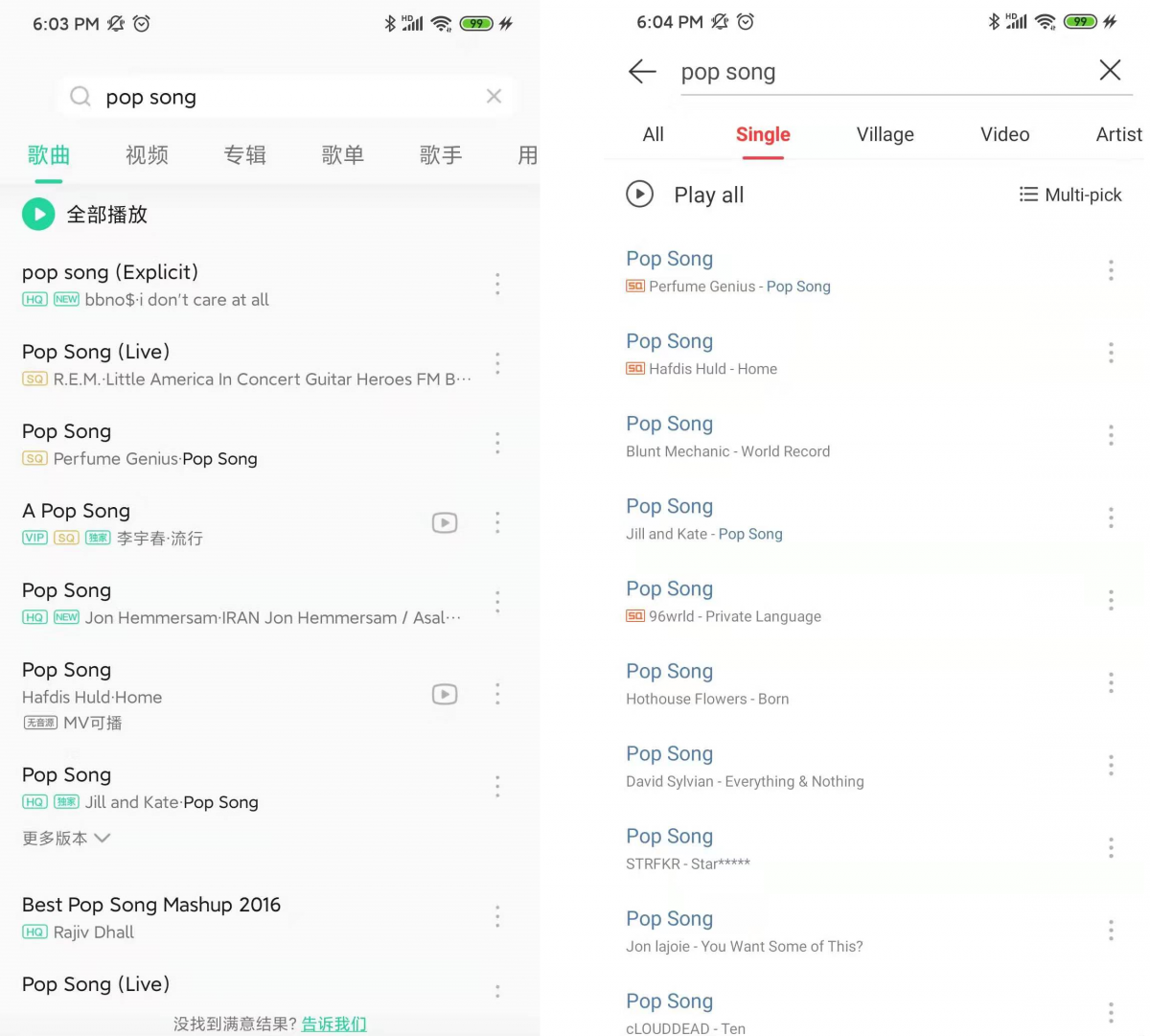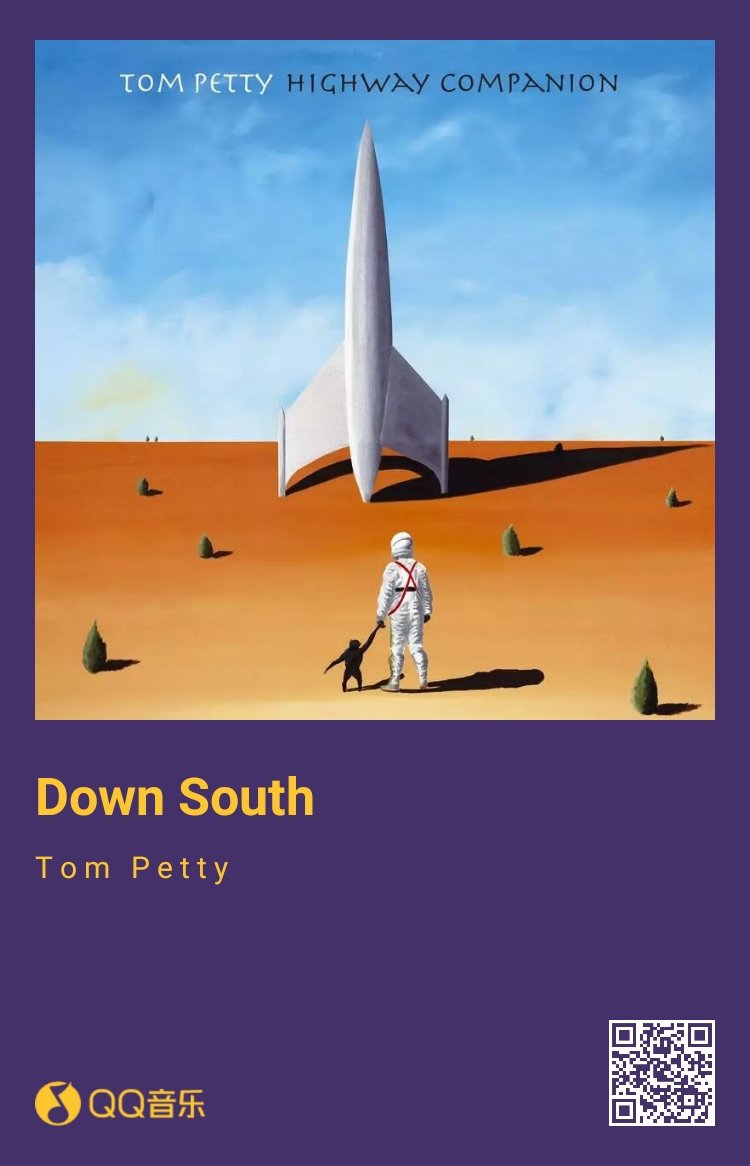Easy Listening: Your Guide to the Biggest Chinese Music Apps
Anyone in a WeChat group for music sharing must have noticed that, somewhat annoyingly, people share songs from a range of different apps. While Spotify has thoroughly dominated the music library market in the West, here in China there is not one, but three major players in the online streaming game: QQ Music, NetEase Music, and Xiami.

Rather than offering to cut ads with a premium account, (the model that Spotify follows), these apps tend to restrict the number of songs a subscriber can listen to until they pay up, or provide additional perks like more downloads for offline listening and higher quality streaming.
The works of certain artists on the service are also only available through purchase, like Taylor Swift (Swift famously removed her music from Spotify altogether).

So, what exactly is the difference between these apps and which one best suits your listening habits? We investigate:
Music selection and searchability
Personally, I have always used QQ as my go-to, but the Beijinger's resident music writer, Will Griffith, told me that of the big three, he uses QQ the least. There is a clear reason for the divide between us, which is that my taste in music is hardly any less basic than UGGs and pumpkin spice lattes, whereas Will is always digital crate-digging for the obscurities of both Chinese and Western music.
For me then, searchability is key. I don’t care whether or not I can find the latest EP from some underground garage band, but I do want to be able to find the songs that are hot and find them quickly. This is what QQ does well. For example, when I search for songs from Spotify’s “Internet People” playlist, a compilation of irreverent songs being shared on social media, QQ is far more likely to display the correct song in the first few results than its competitors. It makes sense that it is better tapped into what’s hot outside of China, too, because it is actually a joint project between Tencent and Spotify.

On the other hand, for someone who wants to keep up with absolutely all of the latest releases, it is essential to crawl out of the QQ hole, where many of the albums and songs featured on both NetEase and Xiami apps cannot be found. It’s also worth mentioning that among these two, the new release lists differ greatly, though the difference is a bit hard to define except to say that Xiami focuses on indie tracks and NetEase tends to have more new Korean music.
Finally, Griffith also points out that for artists with large catalogs, Xiami tends to neglect purchasing the rights to all of the tracks.

Interface differences
If Chinese comprehension is an issue, QQ is perhaps the worst choice, as its interface is almost entirely in Chinese. Xiami and NetEase have translations for most top-level navigations for users whose system is in English, though neither is fully translated. One shortcoming of the Xiami interface though is that its search lacks an “all” category, only allowing users to view search results by category, such as album, artist, or song name.
However, all of the available browsing features are quite similar across all three platforms. Aside from videos, the main difference in organization might be the playlists: QQ keeps its playlist categories on single, clean and straightforward page, while NetEase and Xiami have a much more comprehensive display of categories that can be browsed with both horizontal and vertical scrolling.
Shareability
Last but certainly not least in this ever-social world, there are a couple of differences in how users are allowed to share songs: QQ does not allow direct sharing to all of the apps on your phone beyond the major Chinese social apps like WeChat and Weibo. That’s no big deal, however, as you can always copy and paste the link. Yet, QQ now has a unique sharing feature in the form of the 音乐卡片 (yīnyuè kǎpiàn, music card), which is essentially a poster with the song’s cover art and a QR code that links to it.

Happy listening!
Prefer your music live? Check out what's playing in Beijing.
Images: Igor Miske (via Unsplash), Joey Knotts






